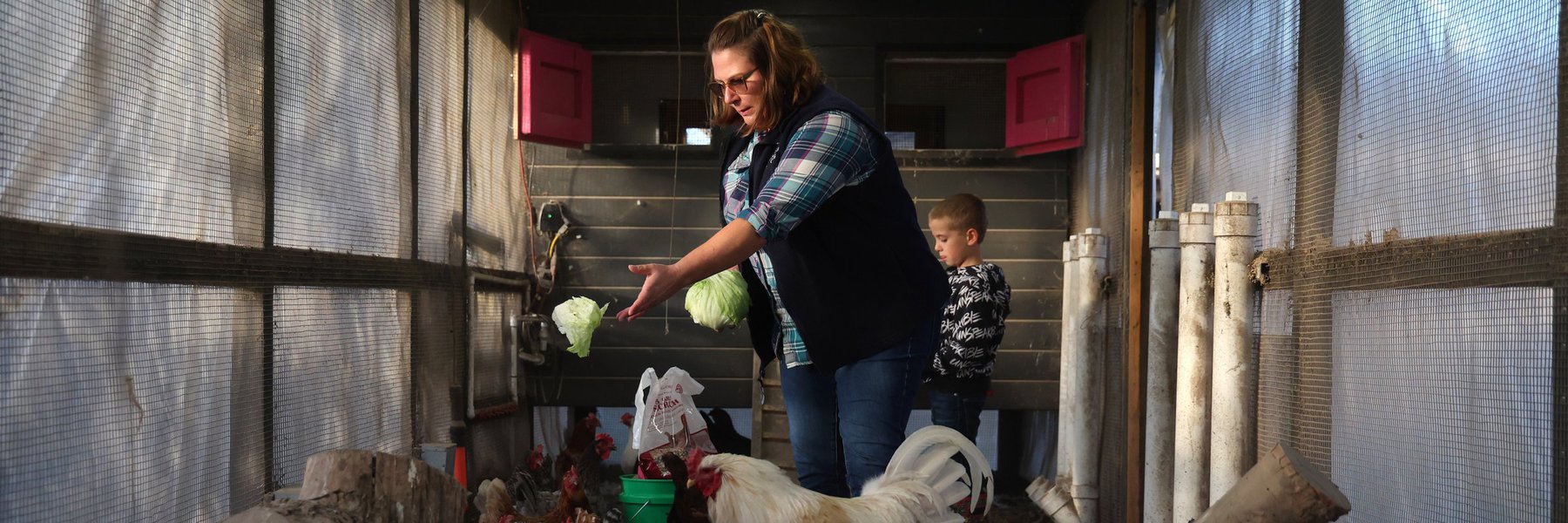Every week, MuckRock brings to you this roundup of transparency and accountability battles, threats and wins. Have you recently read a news story about why government transparency — or a lack of it — matters? Let us know, and we could include it in our next roundup!
In the midst of widespread COVID-19 preparation and response around the country and world, we are all focusing in on what we can and should do in the immediate and near term to keep our families and communities healthy and resilient. As reporters and freedom of information champions, we are doing the same at MuckRock and Outlier.
We are now focused on offering to support and collaborate with the reporters covering breaking news events in local communities. We are also covering how particularly vulnerable communities are being served during this public health emergency.
It is also part of our job as members of the press to serve as watchdogs for the long-term, even when current events demand our focus. So we will continue to persist in our mission to maintain the infrastructure of democracy and help people to get access to the information they need and answers to the questions that matter to them.
Developing Stories
COVID-19 and prisons
States’ departments of correction are taking steps to limit the potential spread of COVID-19 in their facilities. But social distancing in these already overcrowded environments is a particular challenge.
One strategy will be to limit incarcerated people’s access to those who have been outside the facility. In Georgia, the state decided to prohibit in-person visitation through April 10, and in New Hampshire, new transfers and visitors are being questioned about their potential exposure.
MuckRock has reached out to the DOCs about their preparedness plans, but some have already reached into their security exemption baskets to deny our requests, including Iowa and South Carolina. Most have not acknowledged our requests from earlier this week at all.
We’ll continue following coronavirus responses in correctional centers. We want to know how these departments are already prepared to track and prevent illness in their facilities and, relatedly, how inmates will be able to continue to communicate with their families across the country.
We’ve filed a request with the New York Department of Corrections and Community Supervision, which New York Governor Andrew Cuomo announced this week will be working to produce more hand sanitizer for free distribution to public institutions.
Do you have a story to share about contacting a loved one in a prison facility? Please share it with us.
COVID-19 and water shut-offs
We published a story on how much the approach to curbing COVID-19 varies by city. Atlanta, Detroit, and others are attempting to curb the spread of the virus by addressing water shut-off policies that have left tens of thousands of residents without water in their homes and making it tough to follow CDC guidelines on washing hands thoroughly and often.
Other cities with high rates of water shutoffs are not making a shut-off moratorium or restoration plan part of their coronavirus responses. If you want to know your city’s plan, you can copy or clone this request we sent to the city of Milwaukee, which had a shutoff rate of more than 11 percent in 2016, the last year data was available.
FOIA in the courts
A Syracuse University organization is suing the DOJ’s Office of Information Policy and the EPA for refusing to search their digital database in response to a public records request.
According to the press release from the university’s Transactional Records Access Clearinghouse, which makes federal spending and staffing data more accessible to the public, the Office of Information Policy has responded to this request before. But after a database system upgrade, the agency is now saying that records cannot be easily produced.
“Given that many agency records are now stored in electronic databases, OIP’s claim that it is under no legal obligation to search its own database strikes at the very core of the Freedom of Information Act’s public access provisions,” the press release reads.
“This refusal is more shocking since the mission of the DOJ’s Office of Information Policy is to ‘encourage and oversee agency compliance with the Freedom of Information Act (FOIA).’”
Read the press release and learn more about TRAC.
Just FOIA fun
We take FOIA very seriously. But, to be clear, sometimes often those responsive records are pure comedy.
New York writer Curtis Raye agrees. He’s hosting a new public records and bluegrass (because everything is better with a lil bluegrass) comedy show touring the southeast: FOIA Love: A Comedy Show About Public Records.
First up, Nashville. March 15. Visit the event site to see the tour schedule.
Read a great FOIA-based news story we should highlight? Let us know and maybe we can include it in our next round-up! Send it over via email, on Twitter, or on Facebook.




